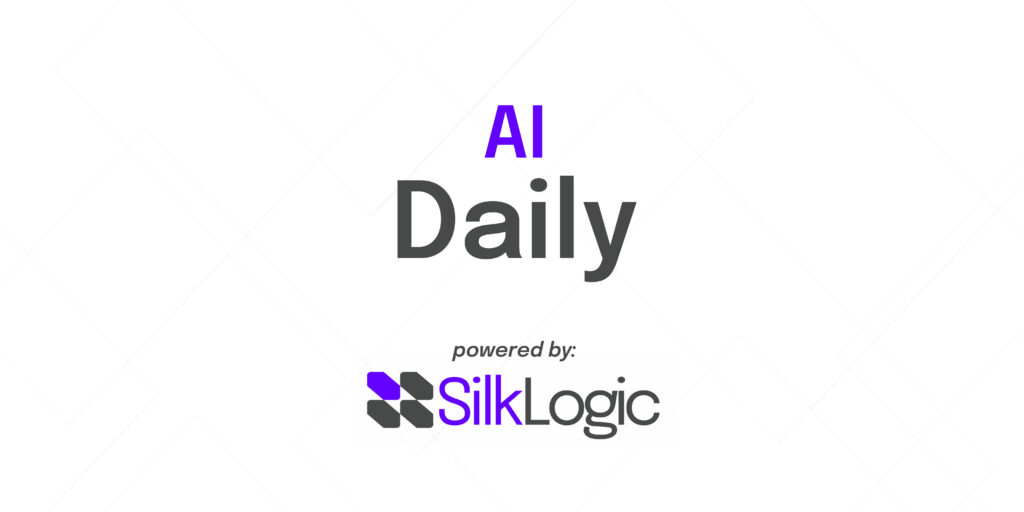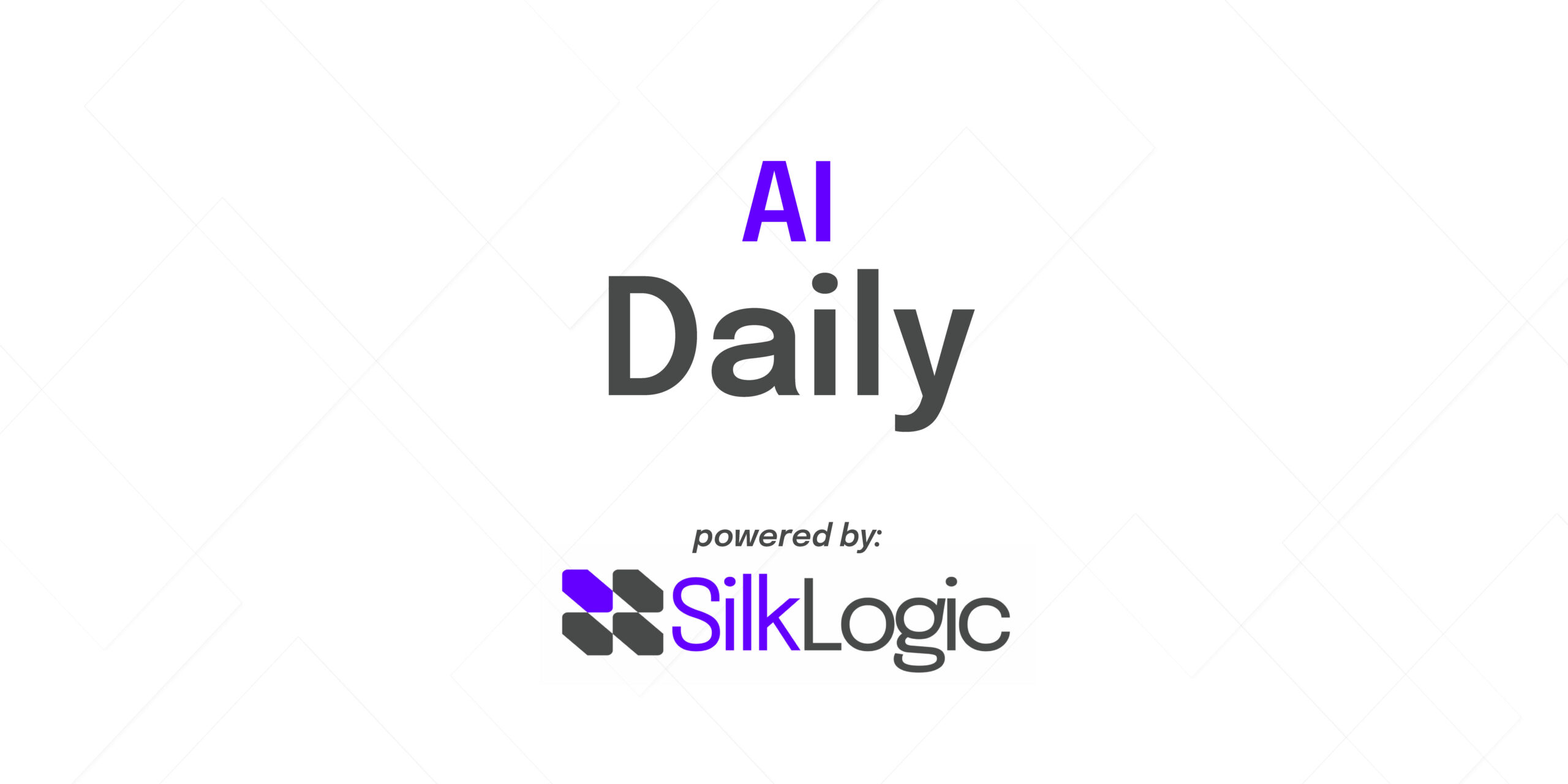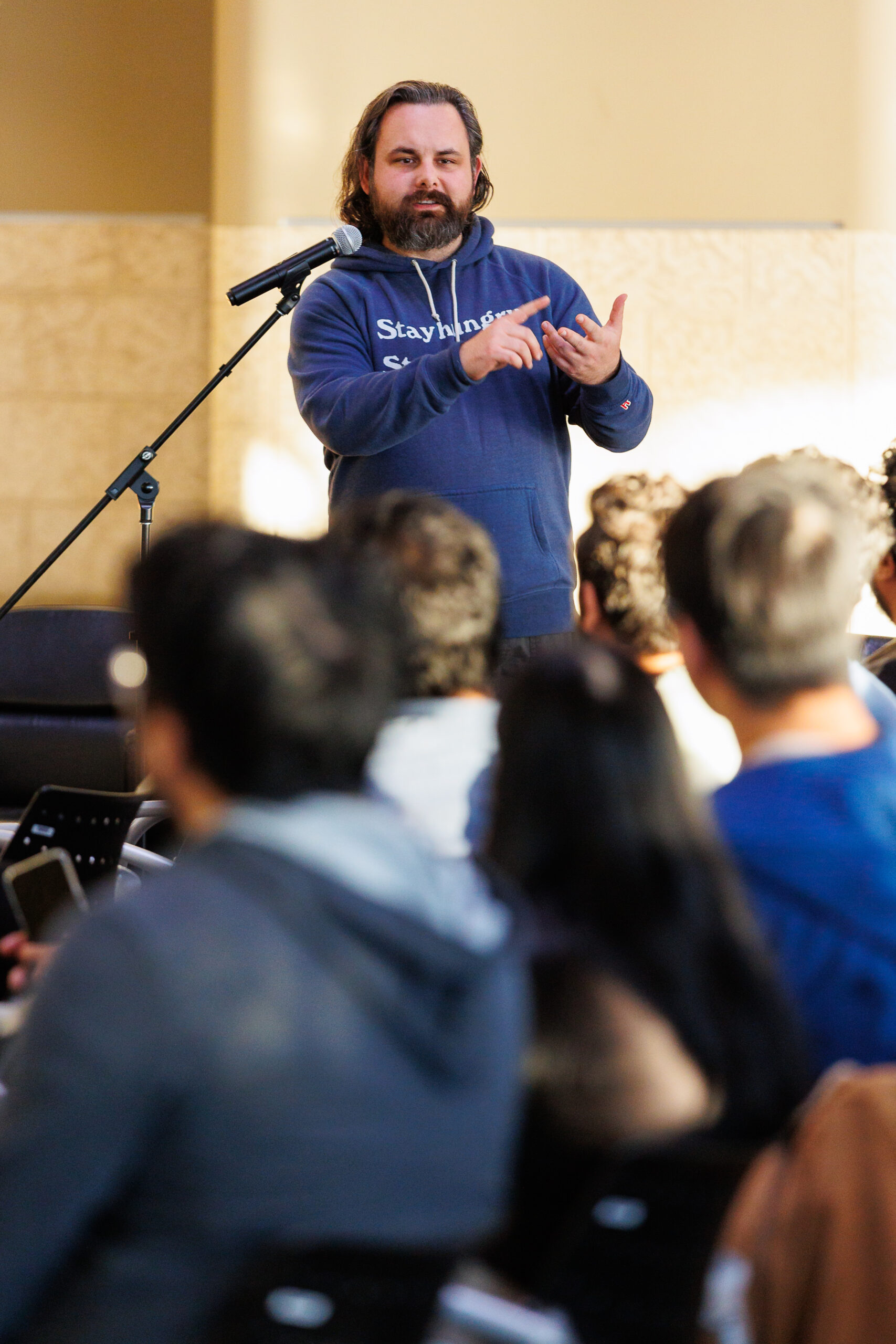Listen to today’s podcast: https://www.youtube.com/channel/UC-nqwUyvLDEvs7bV985k-gQ
Today’s podcast episode was created from the following stories: a sweep of AI evaluation standards, big tech giveaways, new climate insights from space, creative tools for filmmakers, AI’s role in courtrooms, expanding government surveillance, and a state-backed push to influence public opinion and even generative AI outputs.
Study identifies weaknesses in how AI systems are evaluated
By Andrew Bean (lead author); Senior authors: Adam Mahdi, Luc Rocher | November 4, 2025
Oxford Internet Institute researchers reviewed 445 LLM benchmarks and found many lack clear definitions and statistical rigor, calling into question claims about model capability and safety. Only 16% of studies used statistical methods, and roughly half tried to measure abstract traits (like reasoning or harmlessness) without precise definitions. The team offers an eight-point framework and a construct validity checklist to help researchers and regulators build more trustworthy evaluations.
Google is somehow just giving away its Google AI Pro plan with 2TB storage to over 500 millions Indians — and it’s valid for 18 months
By Harish Jonnalagadda | November 8, 2025
Google and India’s Jio are offering an 18-month Google AI Pro subscription—complete with 2TB storage, Gemini 2.5 Pro access, and creative tools—at no cost to Jio users on qualifying 5G plans. Valued at roughly $396, the giveaway underscores how aggressively AI services are being bundled to drive adoption and user metrics. The rollout began with 18–25 year-olds and is expanding to all Jio customers.
Satellites expose secret Antarctic carbon burst
By Chinese Academy of Sciences Headquarters | November 8, 2025
Using LIDAR data and machine learning, researchers uncovered that the Southern Ocean emits about 40% more CO2 during the polar night than previously estimated. The work fills a major observational gap in winter and introduces a three-loop framework that clarifies how physical, biological, and thermal drivers vary by region. The findings could materially improve global carbon budgets and climate projections.
Retouch4me’s new plugin removes dust and distracting particles from videos
By Kate Garibaldi | November 8, 2025
Retouch4me Dust OFX automates frame-by-frame dust and lint removal for video, integrating with DaVinci Resolve and other OFX editors up to 4K. Trained on professionally retouched imagery, the tool aims to preserve surface texture while cutting hours from commercial and macro post-production. Available as a $349 one-time purchase with a perpetual license—no subscription required.
ChatGPT, Claude, and Grok make very squishy jury members
By Thomas Claburn | November 8, 2025
In a UNC-Chapel Hill mock trial set in 2036, ChatGPT, Grok, and Claude initially split on a juvenile case but ultimately converged on acquittal after deliberation. The exercise highlights both the allure and the risks of using LLMs in legal decision-making, where standards like “beyond a reasonable doubt” demand more than pattern-matching. Scholars caution that even if biases are reduced, current AI may not meaningfully assess evidence to legal standards.
Immigration agents have new technology to identify and track people
By Jude Joffe-Block | November 8, 2025
NPR reports ICE is expanding use of facial recognition apps, iris scanning, location data tools, and even spyware—raising legal and civil liberties concerns. Lawmakers are pressing for answers while DHS proposes broader biometric collection for immigration processes; the public can comment on the rule through early January. Advocates warn the tech could chill speech and normalize mass surveillance without robust oversight.
Israel dumps millions into US influence targeting evangelicals in churches and ChatGPT
By Not stated | November 6, 2025
Haaretz details Israeli government contracts with U.S. firms to target evangelical audiences and influence social platforms—and even generative AI outputs—amid eroding public support. Tactics include large-scale content operations, church geofencing, influencer campaigns, and search/chatbot “language operations.” The push reflects how state actors are adapting persuasion strategies to modern ad tech and AI-mediated information ecosystems.
Together, these stories trace the shifting ground beneath AI: from how we measure model progress, to how platforms and governments deploy AI to shape behavior, policy, and public perception. As AI diffuses into courts, climate science, creative workflows, and surveillance, the throughline is clear—rigor, transparency, and accountability will determine whether these tools build trust or erode it.





